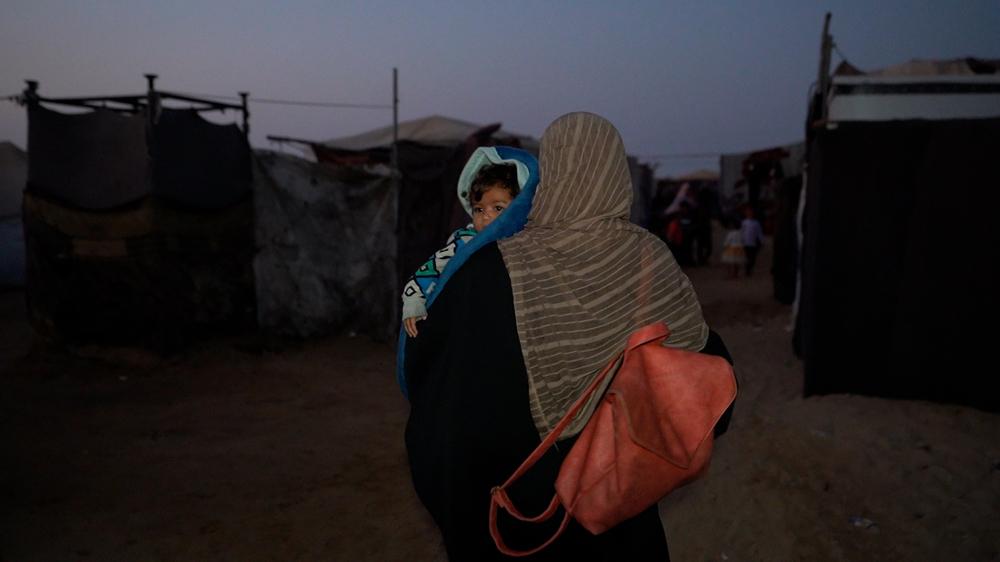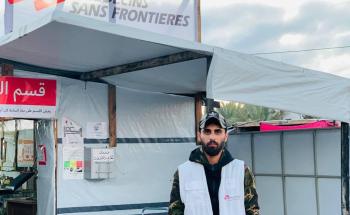The announcement of a possible ceasefire, which has yet to be signed and implemented, is a vital respite, though it comes tragically late - after immense suffering and countless lives lost.
While we are waiting for its implementation, Doctors Without Borders (MSF) calls for this fragile relief to be more than a pause so that people can rebuild their lives, reclaim their dignity and mourn for those killed and all that’s been lost.
Israel's bombing needs to stop, and a massive, urgent scale-up of humanitarian aid is needed to meet the catastrophic humanitarian and medical needs of people. While the ceasefire must be respected and long-term, it is only the first step in addressing the overwhelming humanitarian, psychological, and medical needs in Gaza. We urge all parties to ensure humanitarian aid reaches people across the Strip now.
Below, two MSF staff members in Gaza describe their feelings after the announcement.
"Our hearts almost stopped from happiness"
Aysha, MSF infection prevention and control supervisor
The ceasefire news was like a shock—our hearts almost stopped from happiness. Finally, we will go back to our houses, and the situation will be stable.
We will not hear the sounds of the bombings, we will not drive the car very fast assuming that a missile is falling on us, all these things we have been living through for the past year and a half. This is the safety that we are waiting for.
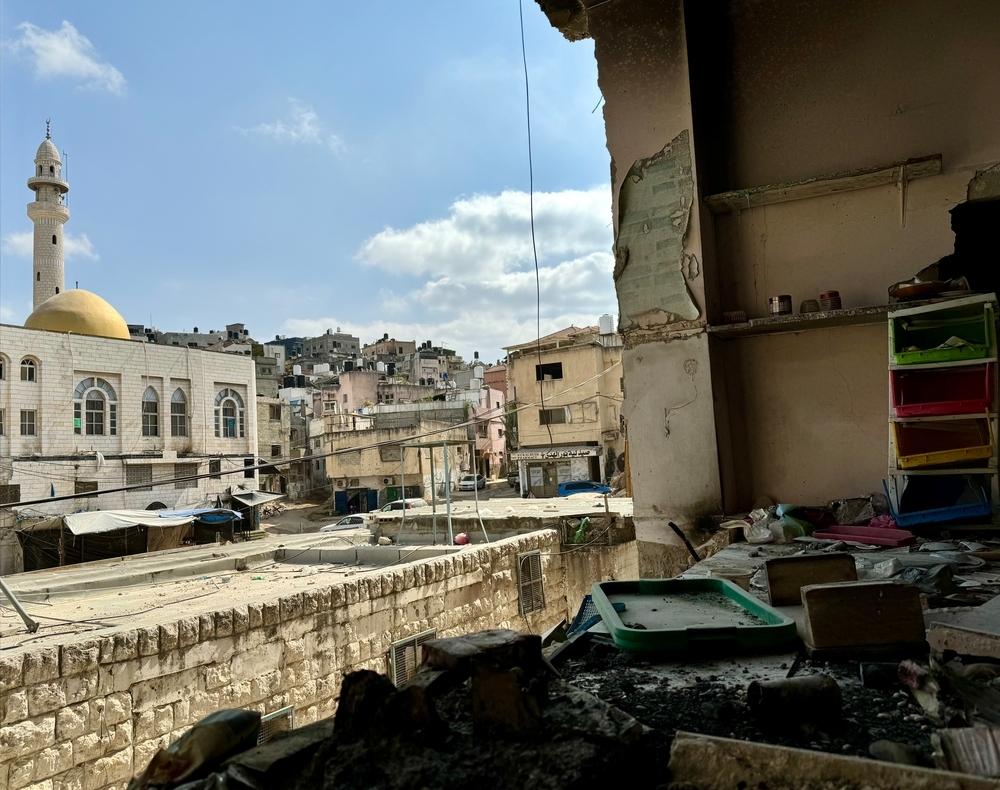
My children do not know what a home means. They only know a tent and the feeling of being in a tent.Aysha, MSF infection prevention and control supervisor
How will we go back? Will we go on foot or in our car? If we go back by car, what will we take with us? What are the priorities that we will take with us? Finally, we said we would just take ourselves and go. We considered going by car, but then we said let’s go on foot. Let’s see our people, relatives, our loved ones, and our houses. Let’s see our area, how it looks like now.
My children [a 2-year-old and 4-month-old] do not know what a home means. They only know a tent and the feeling of being in a tent; they do not know the safe feeling of a home; they do not know the feeling of having a toy.
My children now know what Gaza is and what is the meaning of returning back home. I am happy to see them happy like this.
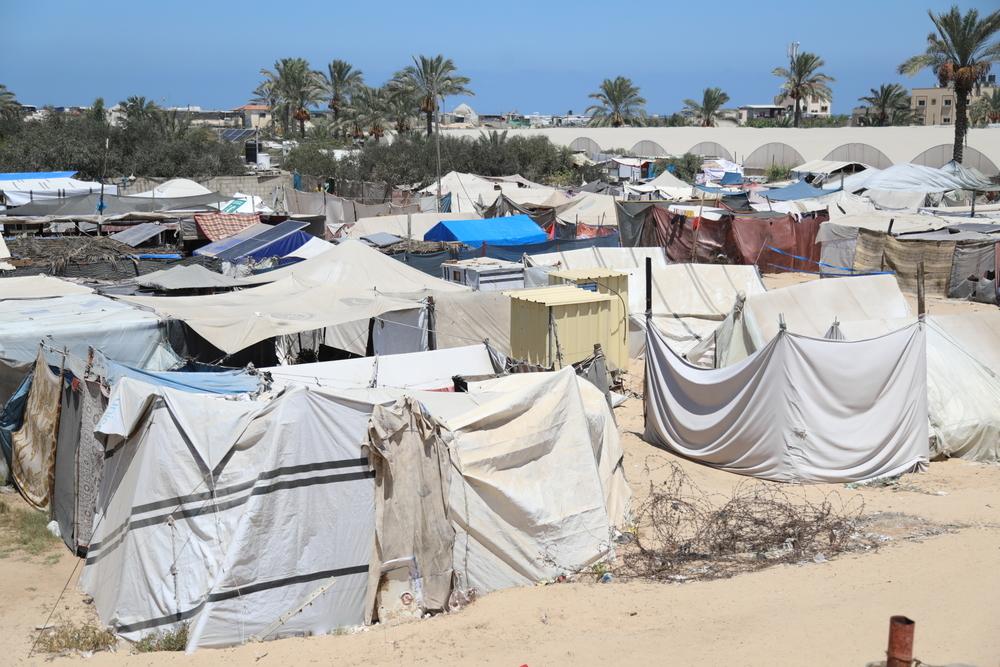
“People are hungry for peace”
Abu Abed, MSF deputy medical coordinator
For more than 400 days, we didn't hear any kind of celebration, singing, or dancing. Yesterday at night, Gaza started to celebrate, to sing, with children in the streets that you could hear singing songs. I cannot really describe how people are hungry for peace. And they were all singing songs that they would go back to the north, to their homes.
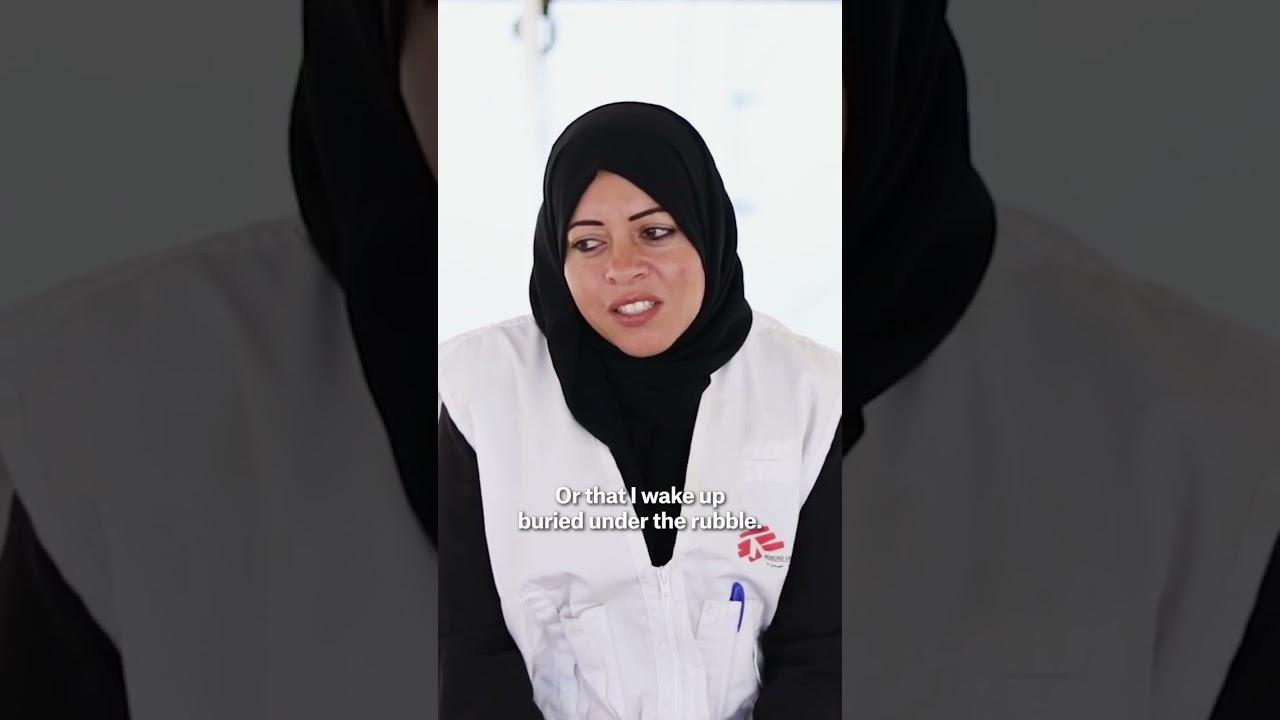
What a ceasefire in Gaza would mean
At one point, I wanted to smile and laugh and sing—and at the same time, cry, and grieve. We will cry about a lot of things ... the people we lost, friends, family members ... We will cry for the homes that have been destroyed.Abu Abed, MSF deputy medical coordinator
There were a lot of my colleagues that were crying. I mean, even before the announcement of the agreement of the ceasefire, they started to cry. They cried, and they had feelings of grief. Some of them started to remember the ones they lost at the beginning of the war. I mean, all of these sad feelings will start, I think, with the [end] of the war. Especially when the people who are displaced in the south go back to their homes in the north and Gaza City, and will see that it is not the same home that they evacuated. They will come to see a destroyed house. I think it will be very difficult. And again, I will say that fear will end, and pain will start.
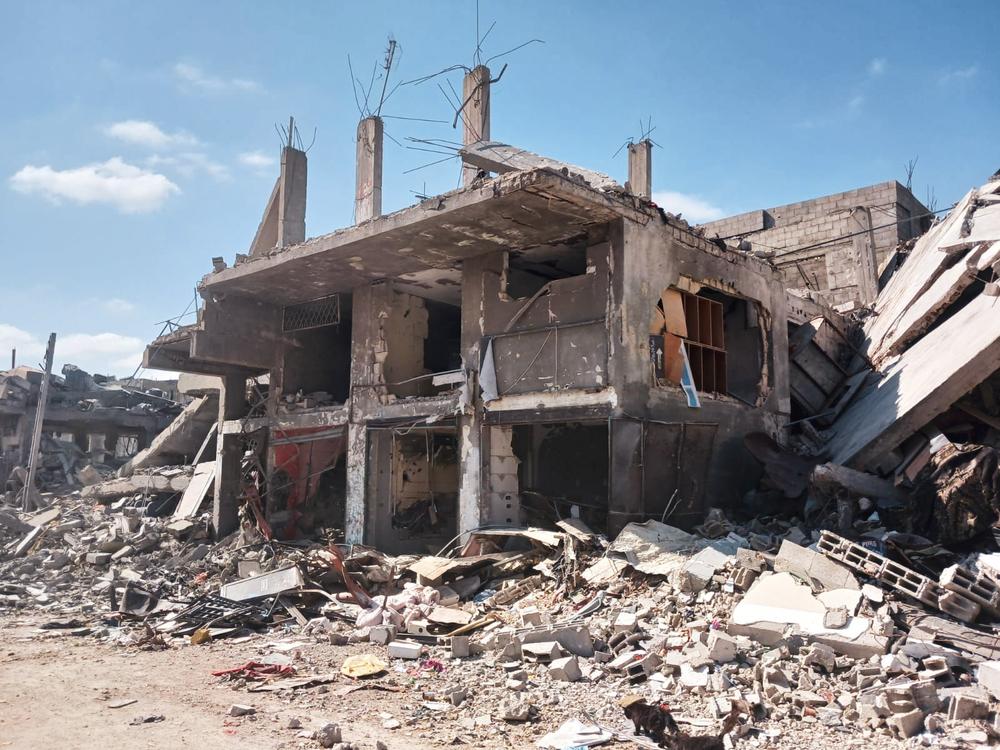
I had mixed feelings personally. At one point I wanted to smile and laugh and sing—and at the same time cry, grieve. We will cry about a lot of things. We will cry for the people we lost, friends, family members. We will cry for the orphans. We will cry for the widows in Gaza. We will cry for the disabled people. We will cry for the homes that have been destroyed.
At least the ceasefire will stop the blood, will stop the killing, will stop the injuries—because every minute in Gaza for the last 400 days, it's just blood. You know, the war doesn’t kill only bodies, it tears apart your soul and your hope and leaves you with a kind of silence that screams pain.
